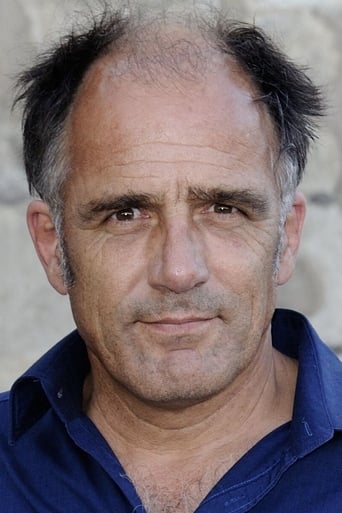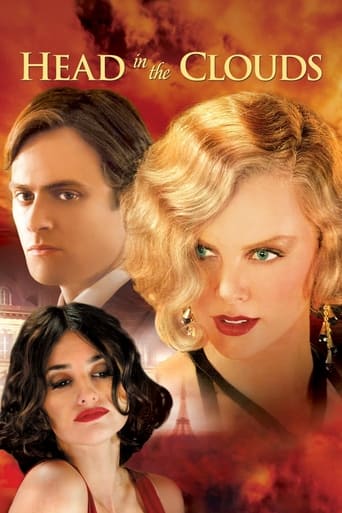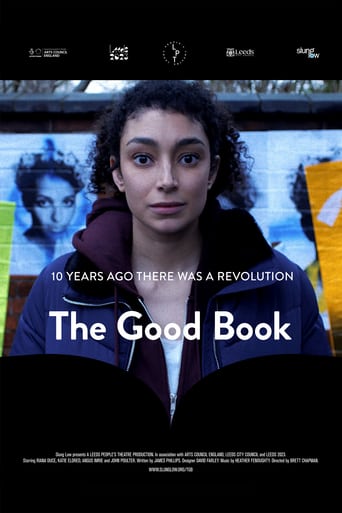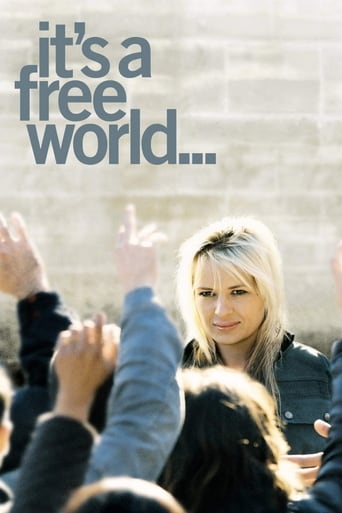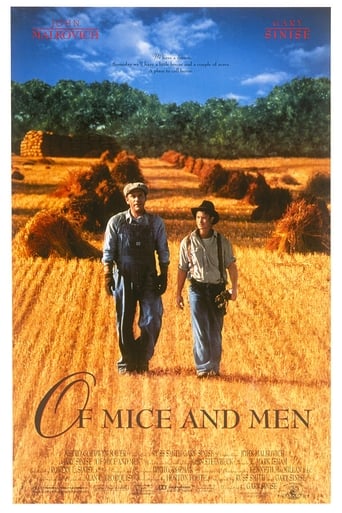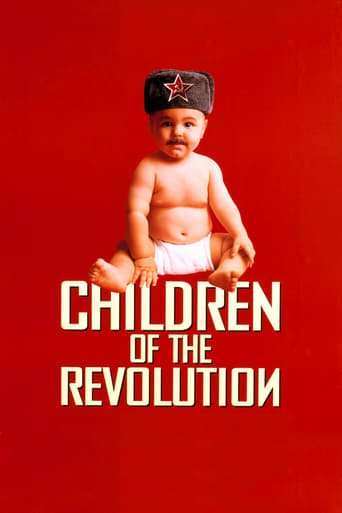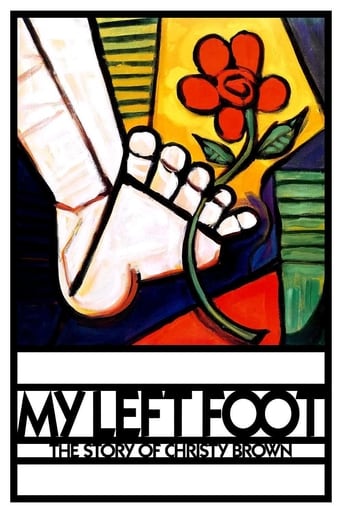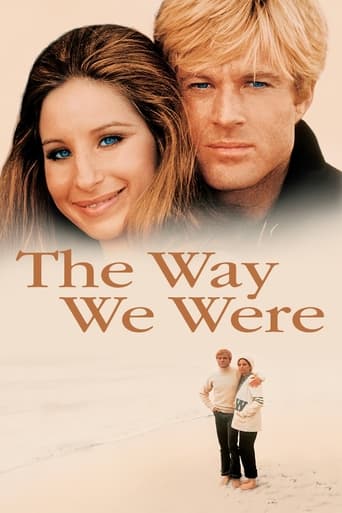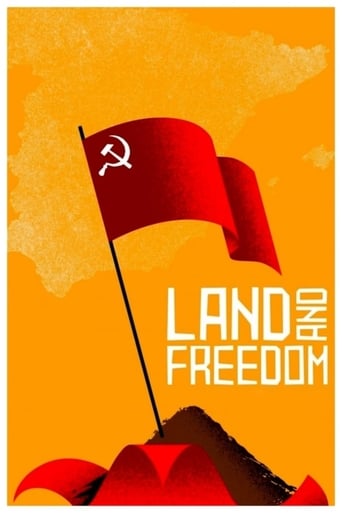
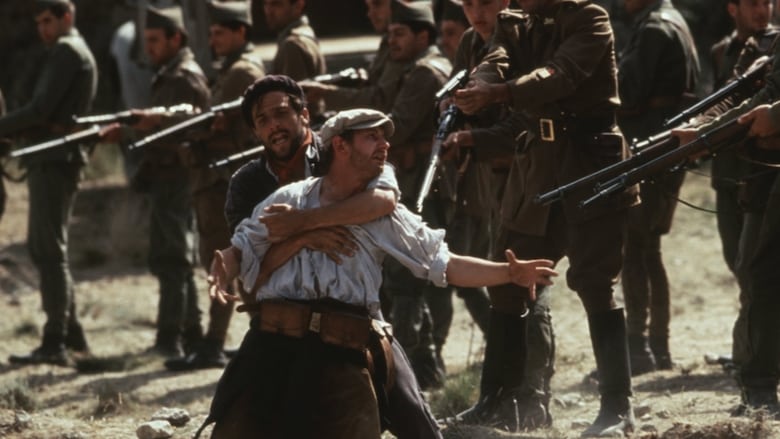
Land and Freedom (1995)
David Carr is a British Communist who is unemployed. In 1936, when the Spanish Civil War begins, he decides to fight for the Republican side, a coalition of liberals, communists and anarchists, so he joins the POUM militia and witnesses firsthand the betrayal of the Spanish revolution by Stalin's followers and Moscow's orders.
Watch Trailer
Cast


Similar titles
Reviews
This is a very powerful film, but it helps if the viewer has some background knowledge of the subject. The film is very serious and very political, and the Spanish Civil War was inextricably bound up with politics, both national and international.This is not an easy film to watch, because the subject is a painful one for the Loyalist supporter, as the original spirit of the working class people fighting fascism gives way to internal power struggles and hopeless division. As the young leftist hero writes to his girlfriend back in England, " The Fascists must be having a bloody good laugh at us".There is some welcome relief in the form of bawdy humor and tender romance, but the sense of tragedy forever linked to the war in Spain is unavoidable. The movie ends on a note of recognition of heroism and sacrifice that is quietly effective. Well worth seeing, for anyone interested in the history, or just a good drama of love and war.
which has to start from and stay with the bottom, base and column of the society.thanks to Ken Loach for this evocative movie about the Spanish civil war and its militias.don't understand the limitation that comments have to be at least 10 lines long. just wanted to make a short and avid comment.OK. then i will recommend interesting literature for those who want to know more about the militias and the anarchistic-syndicalist movement before and during the Spanish civil war:"the short summer of anarchy" by Hans Magnus Enzensberger published by Suhrkamp publishing. a German (don't know if there is an English edition of it) documentary novel about Durruti and his "Solidarios" fighting in the world for their idea of a fair society.
The Spanish civil war is one of the most pivotal events in the history of Socialism and communism. Prior to the Spanish civil war communism was supported by many of the great intellectuals of the time. This changed afterwards, with many people such as George Orwell and Albert Camus becoming anti-communists and others like Simone De Bevoir and Jean Paul Satre going into denial about the problems in front of their face.So how can a movie maker deal with something so weighty and momentous, and also highly confused. He tells a small and personal story David Carr, a card carrying communist from working class Liverpool, who travels to Spain to fight for land and freedom.Everywhere you can see the restrictions of budget in this movie, but the story unfolds on a highly personal level without becoming melodramatic (Hemmingway tries too hard in For Whom the Bell Tolls to make the story personal enough).Here we see socialism in action, appearing successful until the left destroys itself.This is not the definitive Spanish civil war movie and no movie could be because the left has been blaming each other for the failure. The communists blame the anarchists, the anarchists blame the socialists, the socialists blame the stalinists and this movie does take a side.When the movie is over, think read and learn more before you pass judgment.
It is, perhaps, surprising that more films about the Spanish Civil War haven't been made. The Spanish landscape, the sheer ruthlessness of any civil war, and the perceived Spanish emotions all combine to make what would appear to be an attractive proposition for a film-maker. The names of Picasso and Lorca will forever have an association with the war, yet where are the artists representing cinema? All the more surprising then that it should have been British director Ken Loach who took up the cudgels. Loach is probably best known for his gritty portrayals of the British working class (and under-class), something that has, perhaps, made him more approachable outside his own country. In tackling the Spanish Civil War any writer is faced with the overwhelming complexities that underlie the events. The regionalism (think only of the Catalan and Basque regions, let alone Galicia and Andalusia), the monarchy, the Catholic Church, landowners, trade unions, anarchists plus the leaderships of the Nationalist and Republican movements all combined to create a very tangled web. Add to that outside involvement, principally from Mussolini and Stalin, the vacillation of Britain and France and, of course, the omnipresence of Hitler, and anyone might wonder where to start.Loach and Allen take their approach through the eyes of an unemployed Liverpudlian, David Carr (admirably played by Ian Hart) who, as a card-carrying member of the Communist Party, answers the call to fight for the Republic. We follow his exploits through a number of episodes, involving battles, falling in love, injury and, ultimately, a degree of disillusion as the reality of Stalin's views eventually come to dominate, and eventually destroy, his cause. The film is supremely well-made, highlighting the horrors, the camaraderie, and the political divisions. In particular, the debate amongst the militia about collectivisation after they have taken a small town takes no sides, but simply allows a number of valid arguments to be exposed within the context of the shifting sands of the war.There is still ample material for the industry to go on to make more films on this important period in history. But Loach has set the benchmark.




